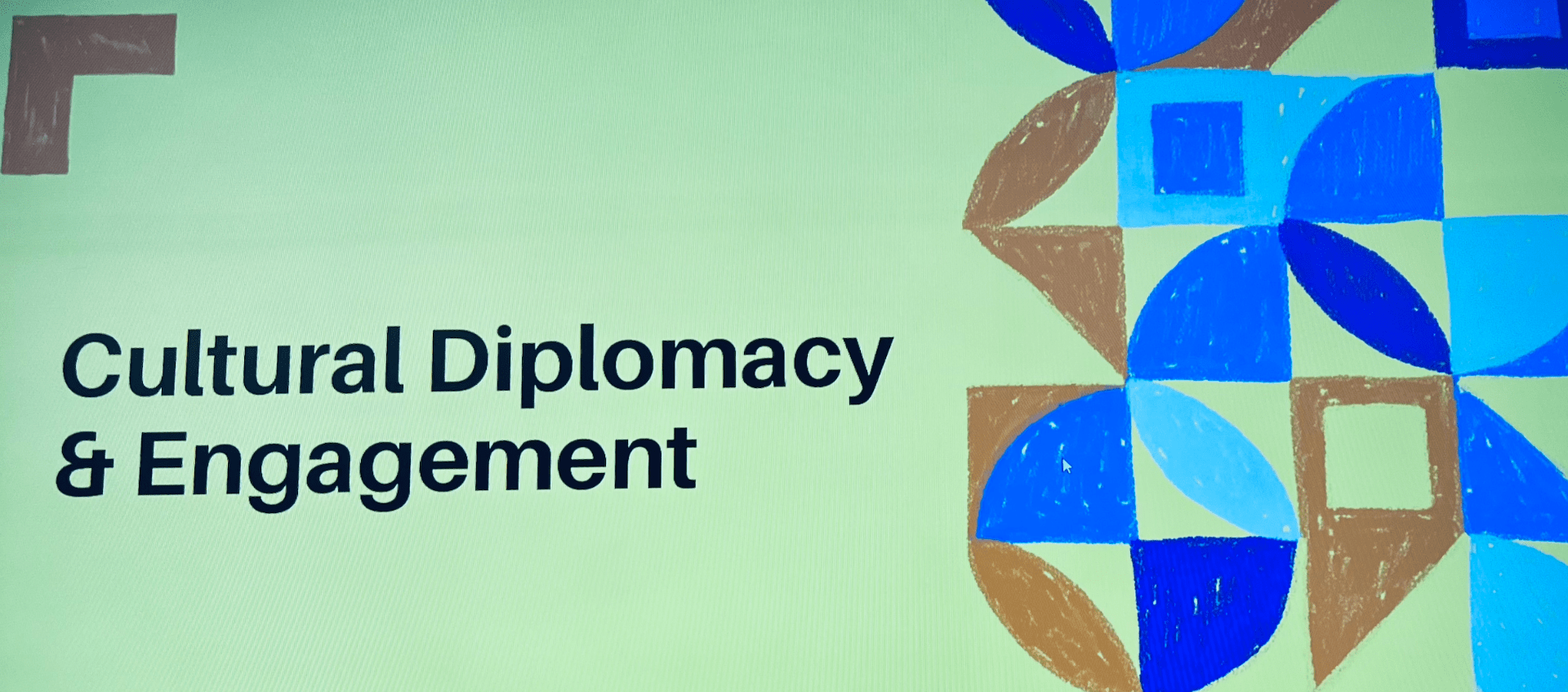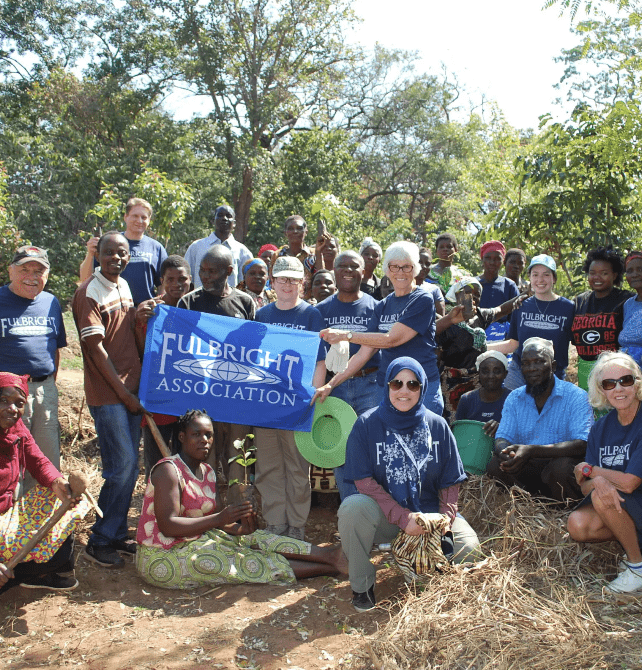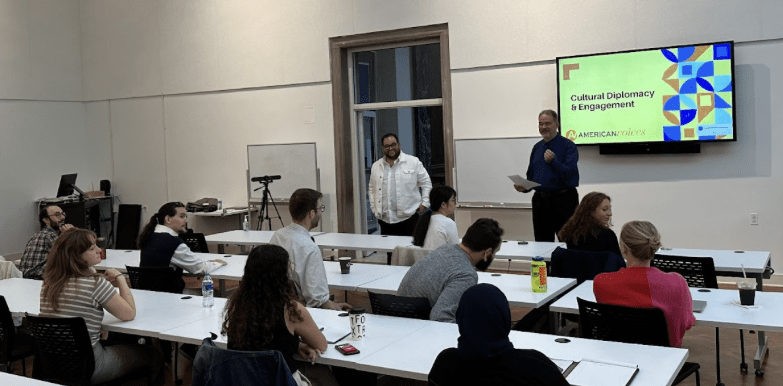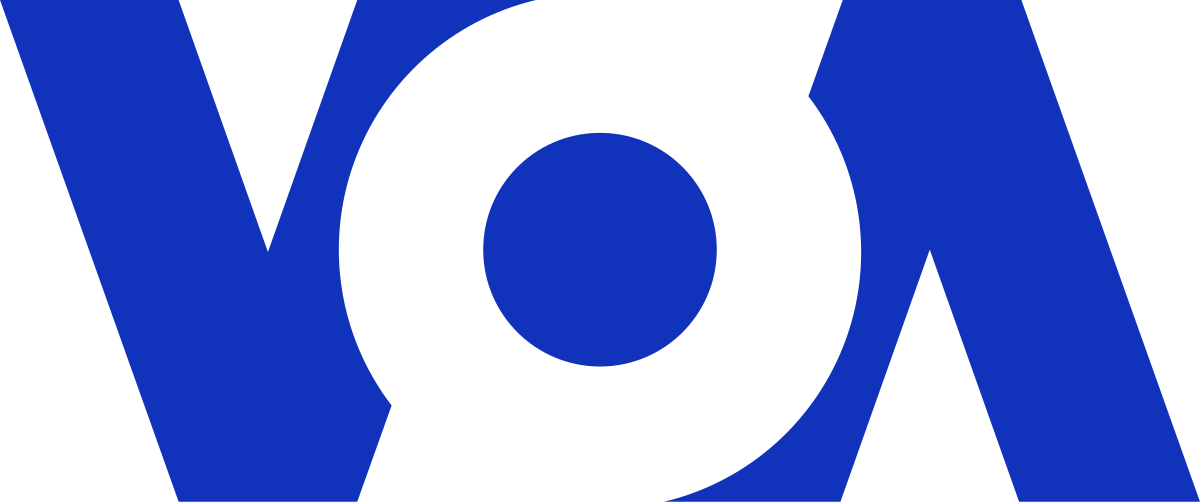[et_pb_section fb_built=”1″ _builder_version=”4.21.0″ _module_preset=”default” global_colors_info=”{}”][et_pb_row column_structure=”1_2,1_2″ _builder_version=”4.21.0″ _module_preset=”default” global_colors_info=”{}”][et_pb_column type=”1_2″ _builder_version=”4.21.0″ _module_preset=”default” global_colors_info=”{}”][et_pb_image src=”https://blogs.gwu.edu/ipdgc-build/files/2023/07/file-20200619-43235-1w1mfvr.jpg” _builder_version=”4.21.0″ _module_preset=”default” global_colors_info=”{}”][/et_pb_image][/et_pb_column][et_pb_column type=”1_2″ _builder_version=”4.21.0″ _module_preset=”default” global_colors_info=”{}”][et_pb_text _builder_version=”4.21.0″ _module_preset=”default” hover_enabled=”0″ global_colors_info=”{}” text_font=”Montserrat||||||||” sticky_enabled=”0″]
Register for this Zoom talk
12 PM EST
Monday, August 7, 2023
[/et_pb_text][/et_pb_column][/et_pb_row][/et_pb_section][et_pb_section fb_built=”1″ _builder_version=”4.21.0″ _module_preset=”default” global_colors_info=”{}”][et_pb_row _builder_version=”4.21.0″ _module_preset=”default” global_colors_info=”{}”][et_pb_column type=”4_4″ _builder_version=”4.21.0″ _module_preset=”default” global_colors_info=”{}”][et_pb_text _builder_version=”4.21.0″ _module_preset=”default” hover_enabled=”0″ global_colors_info=”{}” text_font=”Montserrat||||||||” sticky_enabled=”0″]
The Public Diplomacy Council of America, the USC Annenberg Center on Communication Leadership & Policy, and the GWU Institute for Public Diplomacy & Global Communication are pleased to invite you to the August 7 First Monday Forum featuring Dr. Kate Wright, who will discuss the new Oxford University Press book Capturing the News: Trump and the Voice of America.
Kate Wright is an associate professor of media and communications, based in the Politics and International Relations Department at the University of Edinburgh. She is a former BBC journalist, who specialized in flagship news and investigative documentaries. She now researches how different political economies shape the production of international news. She is the author of Who’s Reporting Africa Now? Non-governmental Organizations, Journalists and Multimedia (2014), and co-authored Humanitarian Journalists (2022).
Along with her co-authors Martin Scott (University of East Anglia) and Mel Bunce (University of London), she asks: “How did the Trump administration capture one of the world’s most important public service news networks?” This book uses rare interviews and an analysis of private correspondence and internal documents, to explain why and how Voice of America (VOA) became intensely politicized from 2020–2021.
The book analyzes how political appointees, White House officials, and right-wing media influenced VOA—changing its reporting of the Black Lives Matter movement, the presidential election, and its contested aftermath.
They argue that Trump allies took control of the network’s financial and human resources, dominated its governance structures, and instigated intimidating investigations into journalistic “bias.” Some journalists tried to resist, but others were too exhausted and fearful, particularly those in the organization’s language services.
The book puts these events in historical and international context—and develops a new analytical framework for understanding government capture and its connection to broader processes of democratic backsliding.
They argue that there is currently too little to prevent a future US administration with authoritarian tendencies from capturing VOA and converting it into a major domestic broadcaster. They use this research to recommend practical ways of protecting the network and other international public service media better in future.
The program will take place at noon on August 7 via Zoom. To register, click here.
[/et_pb_text][/et_pb_column][/et_pb_row][/et_pb_section]












